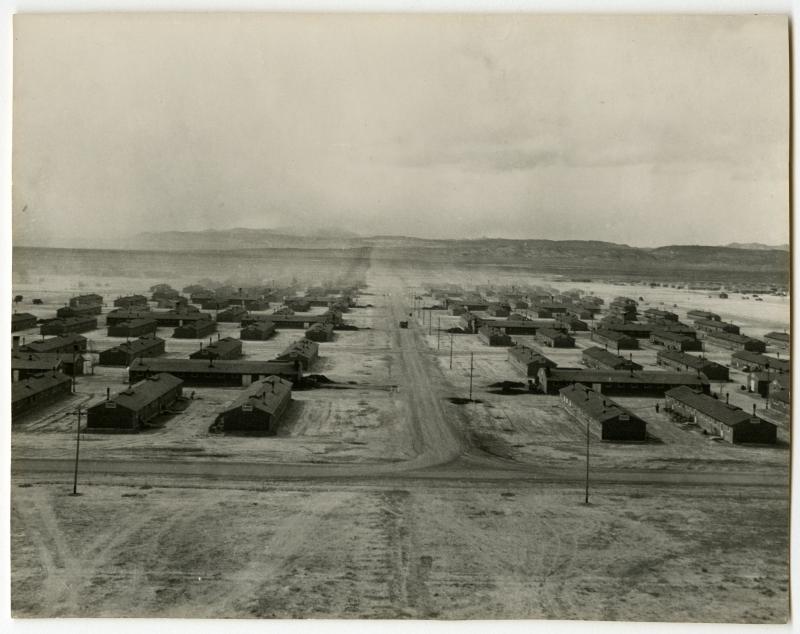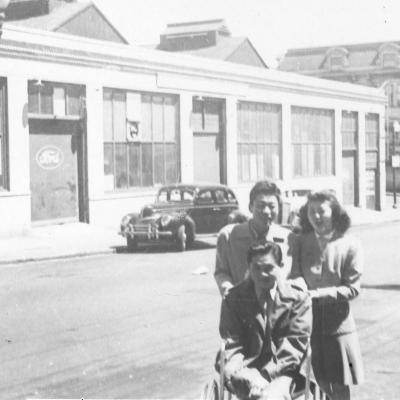Topaz Oral Histories
Internment stripped away from Japanese-Americans not only their freedoms, but entire livelihoods that, for many, prospered in the years leading up to war. They were business owners, college graduates, day laborers, and much more, integral to both California and the United States at large. Their evacuation and imprisonment in the weeks and months following the attack on Pearl Harbor was devastating for the affected families, and many suffered immeasurable losses at the hands of the United States.
Before popular opinion turned hostile, Japanese-Americans enjoyed limited economic prosperity that allowed many to earn a living across a variety of fields. Some families in California maintained farms, but many more found business in operating stores in major cities. Many of these storeowners were what the Japanese called Issei, or “first generation”, meaning that they were born and Japan and later immigrated to America. As the case often was, Japanese men would come to America and establish themselves with work before sending for the rest of their family to join them in the states. A fairly common pull factor for these families was Christianity, as mounting numbers of Japanese Christians sought both economic and religious freedom in the United States.
Once these groups began having families and settling down in their new homes, the Nisei, or “second generation”, began growing in number. As American born sons and daughters of immigrants, the Nisei bore the full brunt of racial segregation and internment when the US government began to imprison people.


